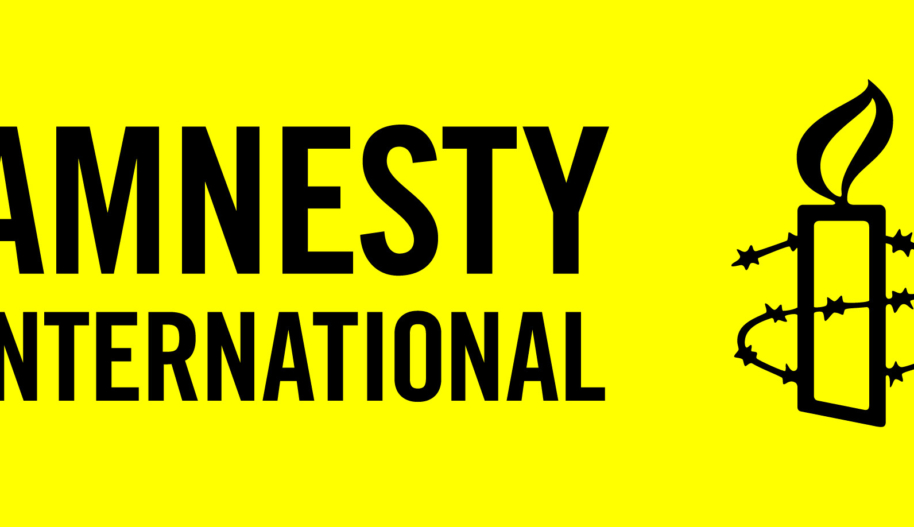Amnesty International Canada welcomes the Ontario government’s announcement that it will repeal Bill 28 and resume bargaining with the Canadian Union of Public Employees (CUPE).
On Thursday, November 3, Ontario’s provincial parliament passed Bill 28, a law that unilaterally imposed new contracts on 55,000 educational assistants, school custodians, early childhood educators, secretaries and other professionals represented by CUPE and made it illegal for them to proceed with a planned strike. Facing outcry from the public and civil society organizations, the government announced on Monday it would walk back Bill 28 if CUPE agreed to end a walkout that had begun on Friday.
‘By forcing through this legislation, the province sent a chilling message to rights-holders in Canada and abroad: that it is acceptable for their governments to trample upon people’s rights when it is politically expedient to do so. It should never have been invoked to silence workers in the first place.’
Ketty Nivyabandi, Secretary General, Amnesty International Canada
“The right to strike is enshrined in international human rights and labour treaties that Canada and Ontario have a duty to respect,” Amnesty International Canada Secretary General Ketty Nivyabandi said on Monday.
“By forcing through this legislation, the province sent a chilling message to rights-holders in Canada and abroad: that it is acceptable for their governments to trample upon people’s rights when it is politically expedient to do so. It should never have been invoked to silence workers in the first place.”
International law guarantees fundamental human rights such as the rights of peaceful assembly, freedom of expression, and freedom of association with others, including the right for trade union members to strike. Canada has international obligations to uphold these rights and to refrain from impairing or interfering with them.
The right to strike is constitutionally protected by the Canadian Charter of Rights and Freedoms. However, the Ontario government invoked the notwithstanding clause to impose new contracts on the CUPE workers and quash their planned strike. A rarely used and highly controversial constitutional override, the notwithstanding clause allows the state to pass laws and policies that infringe some of the rights outlined in the Charter.
By targeting some of the lowest-paid workers in Ontario’s education system, the province’s actions may also conflict with Canada’s international treaty obligations guaranteeing the social, cultural, and economic rights of all persons equally. People belonging to historically marginalized groups, Nivyabandi noted, are disproportionately represented among those affected by Bill 28. According to CUPE, more than 70 per cent are women; more than half work at least one additional job to make ends meet; and 60 per cent are laid off every summer.
“Targeted but not silenced, these courageous workers, mostly women facing intersecting systemic barriers, have spoken out for themselves,” Nivyabandi said. “They must be heard.”
Media contact: Cory Ruf, Media Officer, Amnesty International Canada (English-Speaking Section), cruf@amnesty.ca, 647-269-1795













